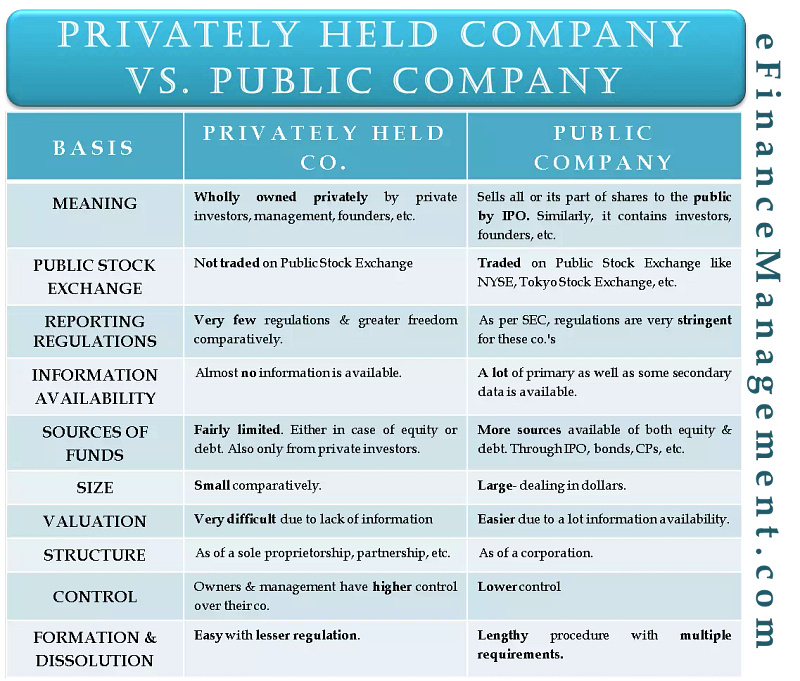The Nigerian Stock Exchange (NSE) is going to be publicly listed with an authorized share capital of N1.25 billion (US$3.4 million), consisting of 2.5 billion ordinary shares at 50k per share, as the NSE’s dealing and ordinary members unanimously voted for the bourse to transform from a member-owned exchange to a publicly-quoted company.

“With the separation of the regulatory activities from the business activities, we would begin to see a different type of organization, an organization that is really driven for profit, hitting on all cylinders.
“While the regulatory company will provide all the regulation that needs to happen to ensure that we are running according to global best practices which should be attractive to large corporates that are looking for a well ran exchange to list their companies,” Mr Oscar Onyema OON, the CEO of the new NEXG said.
Here Is All You Need To Know
- The historic event, which took place following a court-ordered extraordinary general meeting of all the dealing and ordinary members of the Exchange, at the Civic Centre Victoria Island, Lagos, had the NSE change its name to Nigerian Exchange Group Plc, which is a holding company thereby separating its regulatory functions from its other business activities.
- Meanwhile, the Nigerian Exchange Group Plc (NEXG) having satisfied all requirements of being a public quoted company according to the scheme document for the demutualization would have 1, 964,115,918 number of shares allotted and deemed to be fully paid in a split ownership of 78% to 22% between dealing and ordinary members of the Exchange. Prior to the determination of the ownership structure of the Exchange, 2% of its authorized share capital was set aside to settle outstanding claims arising from the demutualization.
- All assets, liabilities, and undertakings, including real property in relation to the trading business of the Exchange, are to be retained by NEXG.
- The securities exchange license of NSE, along with all assets and existing contracts required to carry out securities and exchange functions would be transferred to NEXG.
- The regulatory function of the NSE along with all assets and existing contracts that will be required to carry out regulatory function would also be transferred to NEXG.
- However, Mr Onyema disclosed that the group would move from having a council to having a board of directors with about 5 to 6 independent directors coming on board. He added that the new structure and offerings of the group should encourage big corporates to list on the exchange.
- However, the report and result of the court-ordered meeting are to be filed with the Securities and Exchange Commission (SEC) in order to obtain the final copy of the scheme, thereafter, the necessary petition will be made to the Federal High Court to sanction the scheme.
- Once sanctioned by the court and registration done with the Corporate Affairs Commission, demutualization is effective.

“So when you operate as a profit entity the first thing that you are going to see is enhanced performance, competition, deepening of the market, foreign investors looking at the Nigerian Stock Exchange to invest, flexibility in the products and much more.
“We will be operating as a public entity now a for-profit entity so the first transformation that is going to happen will be the decoupling of the membership rights and ownership rights. Prior to this demutualization, you had only the dealing members and the ordinary members, now that is going to be different,” Otunba Abimbola Ogunbanjo, chairman of the board said about the benefits of demutualization.
Charles Rapulu Udoh

Charles Rapulu Udoh is a Lagos-based lawyer who has advised startups across Africa on issues such as startup funding (Venture Capital, Debt financing, private equity, angel investing etc), taxation, strategies, etc. He also has special focus on the protection of business or brands’ intellectual property rights ( such as trademark, patent or design) across Africa and other foreign jurisdictions.
He is well versed on issues of ESG (sustainability), media and entertainment law, corporate finance and governance.
He is also an award-winning writer.
He could be contacted at udohrapulu@gmail.com
